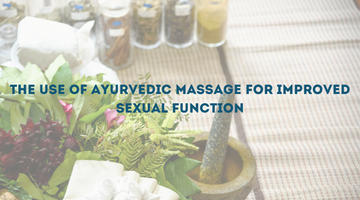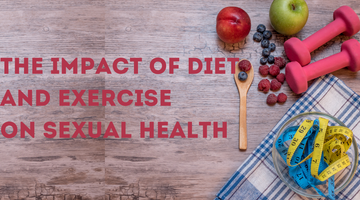
Menopause is the most misunderstood biological shift that a woman experiences. For women, the changes can be unpleasant and mentally challenging. Menopause is defined as the end of menstruation for more than a year. However, bone and muscle mass decrease begin considerably earlier, around the age of 35. In one of the previous blogs we had read about cramps and how Ayurveda plays a crucial role, you can read here as well SAY GOODBYE TO CRAMPS IN THOSE DAYS WITH AYURVEDA . In this blog, we will understand Menopause.
While giving a window of opportunity for women to be educated, this period may also be used to delay and prevent diseases such as obesity, diabetes, high blood pressure, dyslipidemia, heart disease, osteoporosis, and different malignancies. We can give many more years of disease-free living by avoiding these disorders.
Currently, there are 65 million Indian women above the age of 45. While the average age of menopause in India is about 46 years, it typically occurs significantly earlier in women, as early as 30-35 years. More than 12% of the population is expected to be over 60 years old by 2025. Almost half of them will be female.
What Exactly Is Menopause?
Menopause is the natural moment in a woman's life when she has her final menstruation. The term "menopause" has Greek origins and is a combination of the words "Meno" (Month) and "Pause" (To Stop). It denotes the end of your reproductive phase when your ovaries progressively cease to function; menopause occurs when your periods stop entirely wait for 12 months in a row after your last period to confirm this. However, before your periods have ended, you are in a phase known as menopausal transition or perimenopause. The menopausal transition is sometimes mistaken for menopause, however, it occurs several years before your final period.
There Are Certain Changes you Will Notice In Your Body
Changes In The Menstrual Cycle
Your menstruation may be longer or shorter than usual. The bleeding might also be heavier or milder. If they are extremely heavy or too close together, consult your doctor.
Sudden Hot Flashes
A sudden sense of heat in the upper half of your body or all over that lasts anywhere from 30 seconds to 10 minutes. Heavy perspiration and frigid shivers may occur as a result of these rapid bursts of heat. Always use a fan or air conditioner; avoid spicy meals; get lots of exercises and yoga-like try pranayama, and manage stress.
Vaginal Dryness
As a result of a lack of estrogen, the vagina thins, which can be unpleasant. A water-based lubricant might be prescribed by your doctor. You may also experience more vaginal infections.
Urinary Issues
You may find it difficult to retain your pee and experience some leaks with exercise, coughing, sneezing, or laughing. Urinary infections may also become more common.
Sleep Disturbances
You may not sleep as well as you should, and nighttime sweating from a hot flash may wake you up. Sleep with the air conditioner on and a cold, wet towel nearby in case you wake up hot and sweaty.
Mood Swings
You may find yourself being more sensitive and angry than normal. Confide in your family, and seek professional help if necessary.
A Drop In Libido
Your attitudes concerning sexual intercourse may alter. You might feel liberated and sexier, or you could become less interested. If your libido drops, consult your doctor; don't take your low sex desire for granted.
What is going on within your body?
Oestrogen, which protects the heart, decreases, while total cholesterol and especially bad cholesterol levels rise which may raise your risk of coronary heart disease (CHD). This is the time of year to have your lipid profile tested. If it is abnormal, we can give you statins to lower your bad cholesterol.
In the first five years following menopause, your bones lose calcium, resulting in a reduction of bone density. This raises your chances of developing osteoporosis and breaking a bone. As you approach menopause, do a bone density test. The outcomes will dictate therapy, if bone density is low, you need a yearly follow-up; otherwise, get the test done every 2-3 years. Around 10% of women will require bone-binding medications.
We must also treat menopausal women's psychological, biological, and emotional demands. Appropriate risk assessment and screening modules must be developed and implemented before the age of 40. In the next chapter of those, we will continue understanding how Ayurveda plays a crucial role in healing after the effects of menopause and how AADAR understands using it in its medications. Menopause is a fresh beginning. Don't allow your estrogens to rule your life. Learn to live and embrace a fresh start.




